Board of Directors
Meet our passionate volunteer board members who lead PPI’s efforts to serve patients and their caretakers. They understand the difficulties associated with diagnosis and coping with this rare disease as they themselves are impacted.

Jacob Levitt , MD
Non-work activities include thirty-seven years of Shotokan Karate (5th degree black belt and instructor), wing chun, jiujitsu, kali, and boxing. He is past-President and past-Medical Director of the Periodic Paralysis Association (he also has this disease) and was former Director of the Bronx Yale Alumni Schools Committee. He served on the editorial board of the Journal of the American Academy of Dermatology from 2008-2013. In medical school (circa 1999-2000), Dr. Levitt was a co-founder of the ECHO Free Clinic in the Bronx, NY, designed to render medical care to uninsured patients. The first of its kind in the nation, this clinic model has been emulated by medical schools across the country. He is also a licensed wildlife rehabilitator in New York State and has an interest in gardening, focusing on native flowers, shrubs, and trees to encourage pollinator pathways and a balanced suburban ecosystem.
Dr. Levitt has over 60 publications, including 7 book chapters, one book (Safety in Office-Based Dermatologic Surgery), and one educational App (Dermswipe, free on the App store, available internationally, developed with Dr. Usama Syed and Dr. Aakaash Varma). He has two significant publications regarding periodic paralysis: “Practical Aspects in the Management of Hypokalemic Periodic Paralysis”, and “Characterization of Hyperkalemic Periodic Paralysis: a survey of genetically diagnosed individuals”, both of which can be found in the Physicians Library on this website.
He has been a speaker at the American Academy of Dermatology on head lice and scabies, procedural safety in dermatology, and U.S. generic drug pricing. He was meeting Chair of the July 2017 AAD Summer Meeting and the 2020 Winter Meeting (cancelled due to the COVID pandemic). From 2004-2010, Dr. Levitt was a vice president of Taro Pharmaceuticals U.S.A., Inc., a company founded by his grandfather. Dr. Levitt holds one patent on a novel treatment for acne and another for the use of cantharidin in perforating collagenosis. He was first to publish the use of teprotumumab for the treatment of pretibial myxedema. He is past-President of the Manhattan Metropolitan Dermatological Society (2011-2012) and past-President of the New York Academy of Medicine Dermatology Section (2012-2013) and past-President of the New York State Society of Dermatology and Dermatologic Surgery (2017-2019). He is formerly a member to the American Academy of Dermatology Scientific Assembly Committee (March 2015 – March 2020) and American Academy of Dermatology Council for Education.
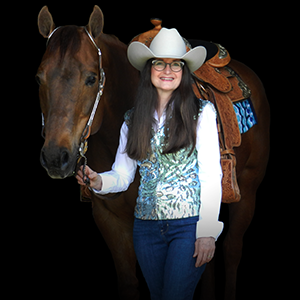
Cheryl Harr
Cheryl’s background is in technical writing and has done volunteer work ranging from opening her home to foreign exchange students, handicapped horseback riding programs, as well as providing horses and lessons to 4H members unable to have a horse project of their own.
Like many with PP, her journey took several twists and turns before getting diagnosed with Hypokalemic Periodic Paralysis. Considering it an honor to be a part of the PPI team, Cheryl wishes to continue expanding documentation resources as well as promote more awareness internationally.
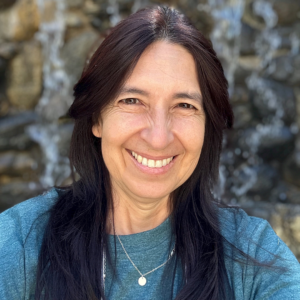
Vivian Willis
Vivian has volunteered at multiple non-profits including food banks giving food, baby items and other critical help to service men/women and their families. She spent 15 years mentoring at risk youth, encouraging them on a path to self-awareness, faith and stability. Her current passion is finding health and wellness for her son who has been diagnosed with hypermobile Ehlers-Danlos Syndrome and Hypokalemic Period Paralysis, these two genetic conditions have caused endless complications in his life and it is her goal to help him and others like him to live full and enjoyable lives given their medical complications. She mentors other seriously ill young adults on how to present their conditions to get the most out of doctor appointments where typically they may be dismissed.
She and her son were featured in the two part docuseries: Overcoming two rare diseases: Ehlers-Danlos Syndrome (EDS) & Periodic Paralysis (PP), The Doctors TV show and the book Doctor Dogsby Maria Goodavage.
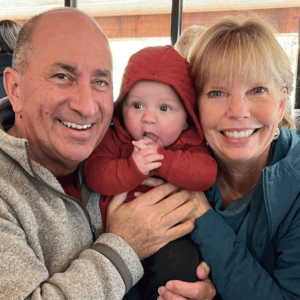
Shelley Shifman
Shelley’s symptoms started at age 31, and she was fortunate to be diagnosed at 32 by a family doctor who had recalled a lecture on periodic paralysis while in medical school. She has hypokalemic PP, but her potassium levels remain in the normal range during intermittent paralysis and myoclonus. “My first contact with someone who also had periodic paralysis was when I received an email response from Deb Greant. I cried as I was so happy to no longer feel alone and lost after my diagnosis.
Shelley has been involved in the PP community since joining the PPI and the PPA in 1999 - having attended the very first PPA conference and nearly every conference since. She was a board member of, and served as treasurer of the PPA for 12 years.

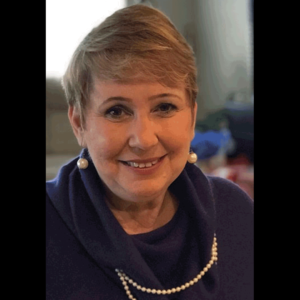
Linda Feld
Linda is always willing to talk to patients to help them on their diagnostic journey and is thrilled to be part of the PPI team as her friendship with its founder, Deb Greant has always remained strong!
Please reach out to me personally by emailing me!
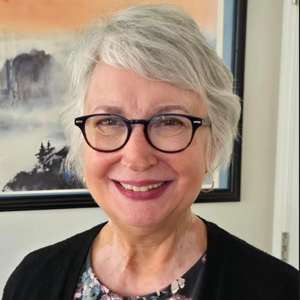
Janine Kent
Retiring early due to Primary Periodic Paralysis, Janine redirected her efforts towards volunteer work. She assumed the role of treasurer for southeastern Wisconsin’s largest dog therapy organization and currently serves as treasurer for a 110-unit condo association.
Although Janine struggled with various symptoms throughout her life, she did not experience a major episode until age 48. That day in the ER, she nearly lost her life when the doctor refused to believe that a paralyzed person who was struggling to breathe would still be able to talk. Accusing her of faking it, he then pushed her off the gurney. Janine left the hospital three weeks later with a diagnosis of Hemiplegic Migraine.
Janine has since been diagnosed with Hypo Andersen-Tawil Syndrome (ATS). Attending the 2013 PPA Conference was instrumental in discovering her Hypokalemic Periodic Paralysis. After attending the 2021 PPA Conference and seeing Dr. Tawil speak she found the remaining piece of her medical health puzzle, Andersen- Tawil Syndrome. Today, Janine manages ATS very well. She strongly believes in self-advocacy and the power of mutual support by lifting each other up. These convictions drive her in her role as a PPI board member and as a patient mentor for Xeris Pharmaceuticals.
